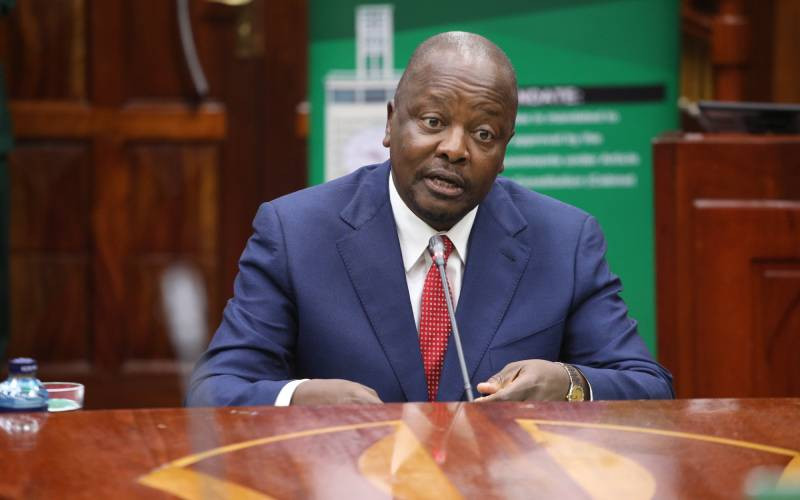×
The Standard e-Paper
Home To Bold Columnists

Agriculture Cabinet Secretary nominee Mutahi Kagwe faced tough questions during his vetting over the 2020 KEMSA procurement scandal, in which billions of shillings were lost in the procurement of COVID-19 medical supplies.
A report by Auditor General Nancy Gathungu revealed that KEMSA lost Sh2.3 billion due to irregular procurement processes.